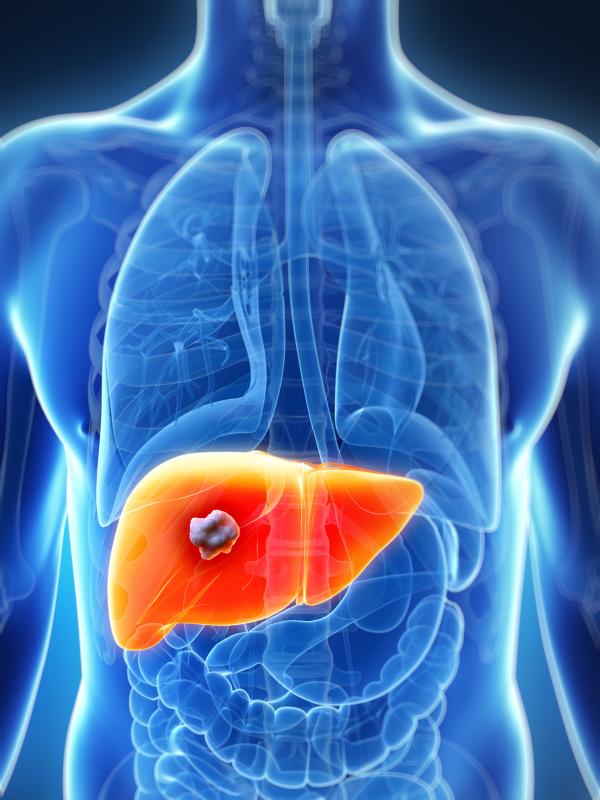
Hepatocellular carcinoma (HCC) is the most common liver-related event (LRE) in hepatitis C virus (HCV) patients with compensated, advanced chronic liver disease (cACLD) who have achieved sustained virological response through direct-acting antivirals (DAA), reports a new study.
The study included 572 eligible cACLD patients (mean age, 63.7 years; 49.3 percent male). LREs were defined as hepatorenal syndromes, variceal bleeding, ascites, hepatic encephalopathy or HCC. Surveillance began after DAA therapy was finished, though only LREs occurring after SVR was confirmed were included in the analysis.
At baseline, mean liver stiffness was 20.2±10.4 kPa, which dropped to 13.9±9.2 kPa after 1 year, representing a significant 28.9-percent improvement (p<0.001).
Over a median follow-up of 2.9 years, five participants died from nonliver causes (0.9 percent) and 32 patients developed LREs (5.6 percent). HCC occurred in 25 of these patients (4.4 percent) and emerged as the most common LRE, with an incidence rate of 1.5 per 100 patient-years. There were no liver-related deaths.
Other LREs included portal hypertension related to decompensation (n=5, 0.9 percent) and cholangiocarcinoma (n=2, 0.3 percent).
Multivariable Cox regression analysis found that follow-up levels of albumin (hazard ratio [HR], 0.08, 95 percent confidence interval [CI], 0.02–0.25; p<0.001) and having liver stiffness <10 kPa (HR, 0.33, 95 percent CI, 0.11–0.96; p=0.042) were both significantly protective against HCC development.